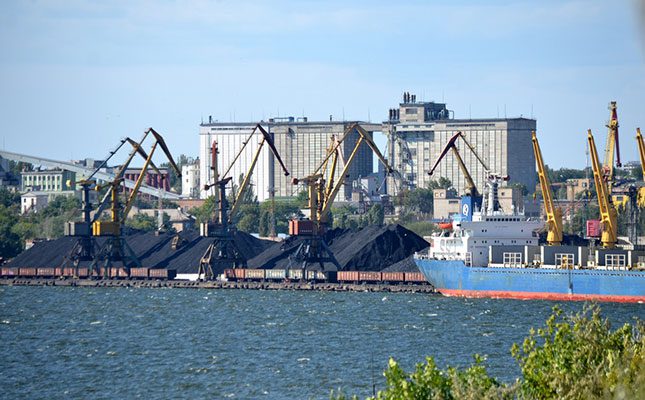
Photo: Wikimedia Commons
It had previously been renewed for 120 days, but there were now concerns that Russia’s proposal that the deal be renewed for only 60 days could result in serious logistical challenges.
Since the opening up of this “safe shipping channel”, about 24,6 million tons of agricultural products had been exported, including 12,2 million tons of maize, according to Reuters.
In addition, 6,7 million tons of wheat had been shipped, along with other commodities, such as canola, sunflower oil, sunflower meal, and barley.
According to Reuters, the top export destinations were China (5,4 million tons), Spain (4,3 million), and Turkey (2,7 million).
The shortening of the renewal period to 60 days from 120 days was being opposed by Ukraine.
“A shorter period is significant as there is often a slowdown in shipments in the period leading up to the renewal date due to the potential risk that the deal may collapse.
“If the deal collapses, more ships in the region could be stranded,” the Reuters report said.
Industry sources reported that because companies would be considering whether their shipments may get stuck due to logistical constraints, it was likely that a shorter renewal period would effectively translate into lower volumes of grain and oilseed shipments from Ukraine through the corridor.
Shipping companies were reportedly already decreasing shipments through the corridor in anticipation of the outcome of the current talks.
The three ports being affected by the deal were Odesa, Chornomorsk and Pivdennyi, with a combined capacity to ship approximately three million tons of agricultural commodities per month.
Ukrainian authorities had indicated that they would want the deal to be extended for at least one year, and would also like the port of Mykolaiv to be added to the deal.
Mykolaiv was Ukraine’s second-largest grain terminal according to 2021 shipment data, and its addition to the list would therefore allow a much larger volume of grain and oilseeds to be shipped, Reuters said.
However, Russian authorities indicated that they opposed the expansion of the deal until concrete steps had been taken to unblock agricultural exports from that country.
According to reports, although Russia’s agricultural exports had not been explicitly targeted by sanctions from Western countries, the blocking of payments by the logistics and insurance industries was a barrier to the export of its grains and fertilisers.












